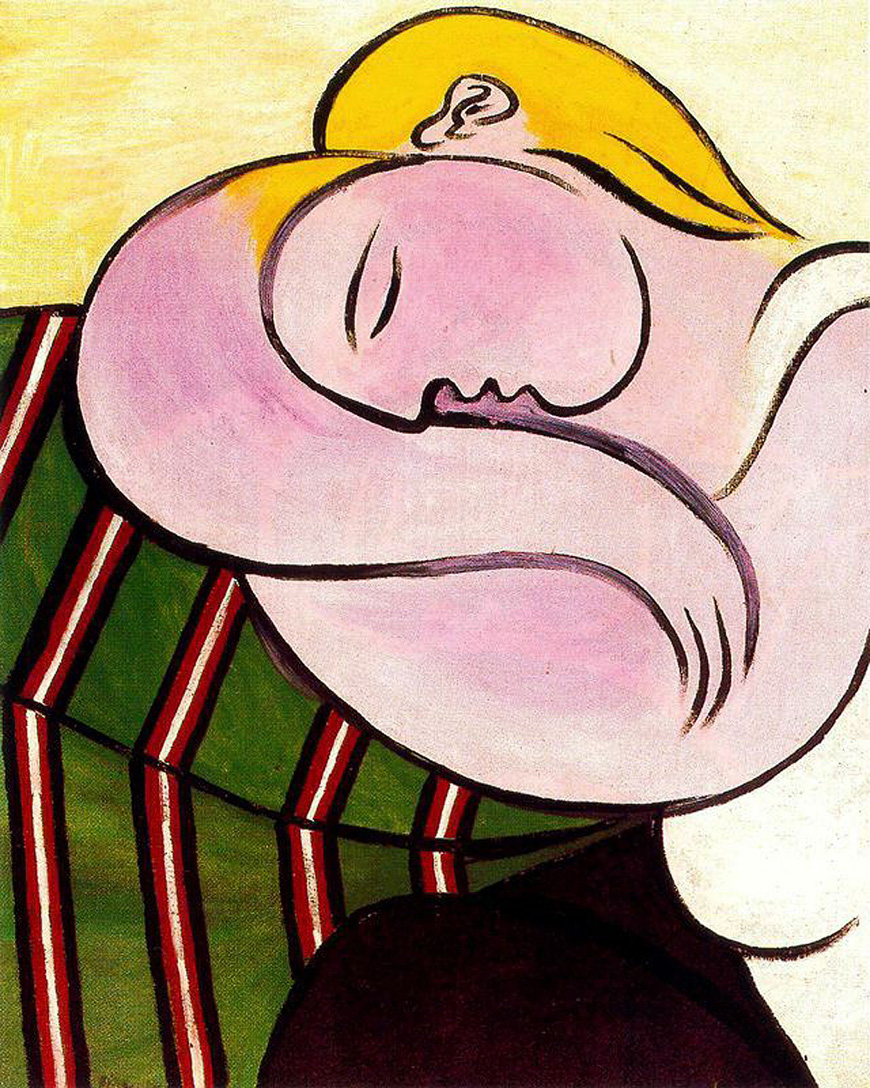
A good night’s sleep is essential for our physical, mental and emotional health. Regulated by our circadian rhythm, sleep plays a critical role in immune function, metabolism, memory, learning, and other vital functions. Yet most of us tend to ignore the circadian rhythm: even when tired, we often end up staying up late watching tv, working, or partying. In the UK, a growing number of people suffer with insomnia: figures have shown that nearly half of us are getting just six hours sleep or less a night. This has serious effects as poor sleep affects all aspects of life – our ability to work, learn, create and communicate becomes severely impaired. We also become forgetful, irritable and weary, all of which increases our chances of becoming depressed. Insomnia has also been linked to an increased risk of obesity, high blood pressure and suppressed immune system.
So how can we improve the quality of our sleep and re-balance our body clocks?
Try to adopt a sunrise to sunset lifestyle, to bring your daily cycle into line with your natural rhythms, which will enable you to perform at optimum level.
To aid deep sleep, try to focus on the five senses:
- Smell: smells like lavender, camomile, frankincense, and sandalwood, can help us relax. Studies have shown that lavender can help lower blood pressure, reduce the stress hormone cortisol, and calm the nervous system. Try to incorporate these smells into your bedtime routine by lighting candles or essential oil burners a few hours before bed. This will both help you relax, and over time, your brain will learn to associate these fragrances with sleep.
- Taste: avoid eating too late, or drinking too much alcohol, as both will disrupt your sleep. Eating before 7.30 pm will give your system enough time to process your food so that during sleep, your body can focus on rest and replenishment. Drinking herbal tea at night acts as a psychological trigger to wind down, and certain herbs like camomile, valerian and lavender can help aid sleep.
- Sound: reading can be a very meditative bedtime activity, but your mind can become disturbed when you close the book. If that’s the case, try listening to relaxing music to help calm your mind and thoughts. Guided meditation apps and podcasts are also a great way to help reduce the chatter in your brain so you can go to sleep completely relaxed. Certain music and breathing exercises can also help to regulate breathing: replacing short breaths with deep breathing relaxes the stomach and oxygenates the body, this encouraging the body to slow down and help you rest better.
- Touch: physically prepare your body for sleep throughout the day by exercising early on, and stretching or massaging your muscles in the evening will help reduce blood pressure and relieve tension. Make sure your bed linen is clean, soft and dry, as a cold and rough bed will shock your body into waking up. Cool, crisp linen is better in hot Summer months.
- See: switch off electronic devices. They emit blue light – good in daylight hours as it boosts attention and improves your mood. But at sun down blue light stops our brain from producing the sleep hormones melatonin, which tells the brain it’s bedtime.